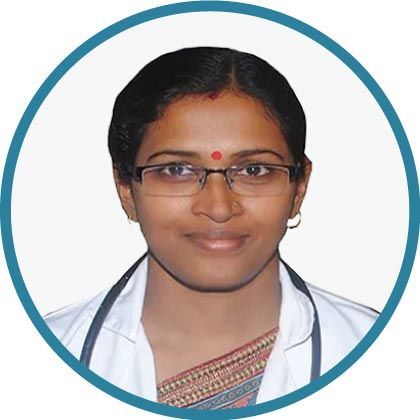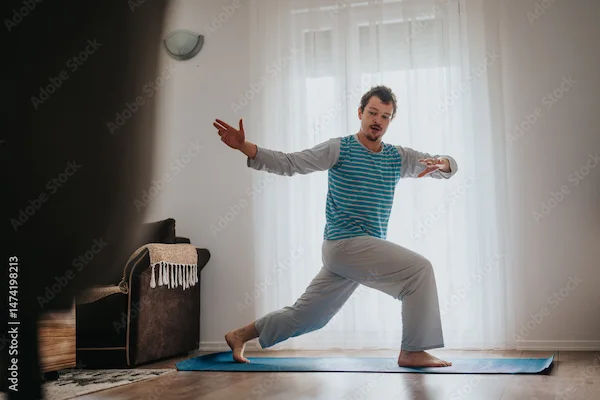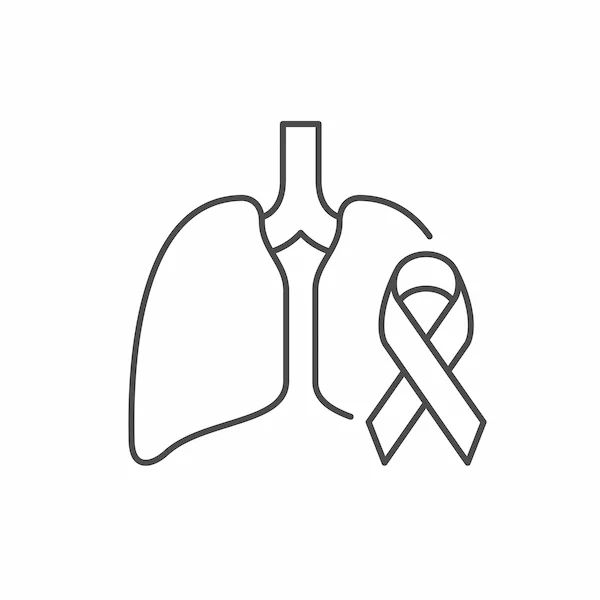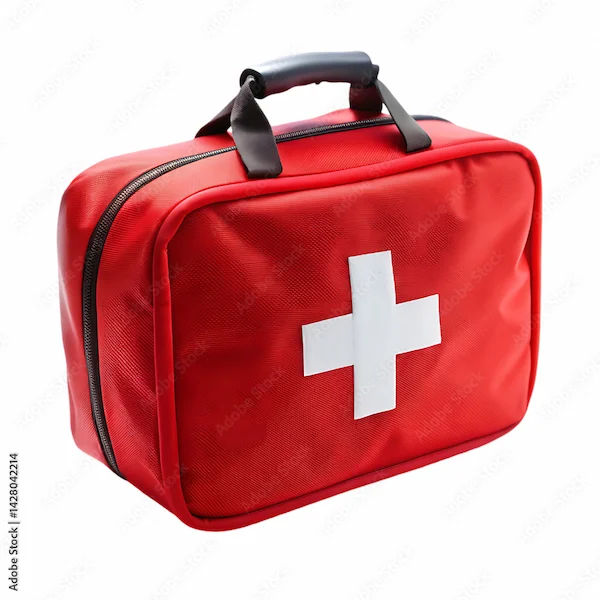Muscle Spasms: Causes, Symptoms, and Treatment
Learn about muscle spasms, their causes, symptoms, treatment options, and prevention tips to relieve cramps and improve muscle health.

Written by Dr. J T Hema Pratima
Reviewed by Dr. Rohinipriyanka Pondugula MBBS
Last updated on 14th Aug, 2025

Muscle spasms are sudden, involuntary contractions of one or more muscles. They can be painful and uncomfortable, often occurring in the legs, feet, arms, or back. While most muscle spasms are harmless and go away on their own, frequent or severe spasms may indicate an underlying health issue.
In this article, we’ll discuss the causes, symptoms, and treatment options for muscle spasms, along with simple lifestyle changes to help prevent them.
What Are Muscle Spasms?
A muscle spasm is an uncontrollable tightening of a muscle that does not relax immediately. It can last from a few seconds to several minutes and may cause sharp pain or discomfort. Some spasms are mild, while others can be severe enough to interfere with daily activities.
Common Areas Affected by Muscle Spasms:
- Legs (especially calves) – Often called "charley horses."
- Feet or toes – Common after long periods of standing or walking.
- Back or neck – Can occur due to poor posture or strain.
- Hands or arms – May happen after repetitive motions like typing.
Symptoms of Muscle Spasms
The most common signs of a muscle spasm include:
- Sudden, sharp pain in the affected muscle
- A visible or palpable knot in the muscle
- Temporary stiffness or difficulty moving the muscle
- Twitching or cramping sensation
In some cases, muscle spasms may be accompanied by swelling or redness if there is an underlying injury.
Common Causes of Muscle Spasms
Muscle spasms can occur due to various reasons, including:
1. Dehydration & Electrolyte Imbalance
Not drinking enough water or losing fluids through sweating can lead to low levels of essential minerals like potassium, calcium, and magnesium, which help muscles function properly.
2. Overuse or Muscle Fatigue
Exercising too intensely, standing for long hours, or repetitive motions can strain muscles, leading to spasms.
3. Poor Blood Circulation
Reduced blood flow to muscles (common in conditions like peripheral artery disease) can trigger cramps.
4. Nerve Compression
Conditions like a pinched nerve or sciatica can cause muscle spasms in the back or legs.
5. Certain Medications
Diuretics, statins, and some asthma medications may increase the risk of muscle cramps.
6. Underlying Medical Conditions
- Diabetes
- Thyroid disorders
- Kidney disease
- Multiple sclerosis (MS)
How to Treat Muscle Spasms at Home
Most muscle spasms can be managed with simple home remedies:
1. Stretch and Massage the Muscle
- Gently stretch the cramped muscle and massage it to help it relax. For example, if your calf is cramping, pull your toes upward toward your knee.
2. Apply Heat or Cold Therapy
- Heat (warm towel or heating pad) – Helps relax tight muscles.
- Cold (ice pack) – Reduces pain and inflammation if the spasm is due to an injury.
3. Stay Hydrated
- Drink plenty of water, especially before and after exercise. Electrolyte-rich drinks (like coconut water) can also help.
4. Take a Warm Bath
- Soaking in Epsom salt water can relieve muscle tension due to its magnesium content.
5. Over-the-Counter Pain Relief
- If needed, pain relievers like ibuprofen or acetaminophen can help ease discomfort.
Consult an Specialist for the best advice
When to See a Doctor
Most muscle spasms are not serious, but consult a doctor if:
- Spasms are frequent and severe
- They last longer than usual
- You notice swelling, redness, or muscle weakness
- You have underlying health conditions like diabetes or kidney disease
A doctor may recommend blood tests, nerve studies, or imaging to check for underlying causes.
Preventing Muscle Spasms
1. Stay Hydrated
- Drink enough water daily (at least 8-10 glasses). Increase intake if you sweat a lot.
2. Eat a Balanced Diet
Include foods rich in:
- Potassium – Bananas, sweet potatoes, spinach
- Magnesium – Nuts, seeds, whole grains
- Calcium – Dairy, leafy greens, fortified foods
3. Stretch Regularly
- Gentle stretching before and after exercise can prevent cramps. Yoga and Pilates also help improve flexibility.
4. Exercise Wisely
- Avoid sudden intense workouts. Gradually increase activity levels to prevent muscle strain.
5. Improve Posture & Ergonomics
- If you sit for long hours, take breaks to stretch. Use ergonomic chairs and keyboards to reduce strain.
Final Thoughts
Muscle spasms are common and usually harmless, but they can be painful and disruptive. Staying hydrated, eating a nutritious diet, and stretching regularly can help prevent them. If spasms persist or worsen, it’s best to consult a doctor to rule out any underlying conditions.
If you frequently experience muscle spasms and need expert advice, you can book a consultation with a specialist on Apollo 24|7 for personalized care and treatment options.
Consult an Specialist for the best advice
Consult an Specialist for the best advice

Dr. Syed Ismail Ali
General Practitioner
7 Years • MBBS
Hyderabad
Apollo 24|7 Clinic, Hyderabad

Dr Syed Mateen Pasha
General Physician
2 Years • MBBS
Bengaluru
PRESTIGE SHANTHINIKETAN - SOCIETY CLINIC, Bengaluru

Dr. Mohamed Azeem
General Physician/ Internal Medicine Specialist
2 Years • MBBS,MD(Internal Medicine) CCEBDM
Karaikudi
Apollo Hospitals Karaikudi, Karaikudi

Dr. Sandhya Chandel
General Physician/ Internal Medicine Specialist
16 Years • MBBS, MD (Int. Med.), IDCCM
Bilaspur
Apollo Hospitals Seepat Road, Bilaspur
(125+ Patients)

Dr. Harshendra Jaiswal
General Physician/ Internal Medicine Specialist
12 Years • MBBS , MD (General medicine)
Kolkata
108 DHANA DHANVANTARI Clinic, Kolkata
(25+ Patients)
Consult an Specialist for the best advice

Dr. Syed Ismail Ali
General Practitioner
7 Years • MBBS
Hyderabad
Apollo 24|7 Clinic, Hyderabad

Dr Syed Mateen Pasha
General Physician
2 Years • MBBS
Bengaluru
PRESTIGE SHANTHINIKETAN - SOCIETY CLINIC, Bengaluru

Dr. Mohamed Azeem
General Physician/ Internal Medicine Specialist
2 Years • MBBS,MD(Internal Medicine) CCEBDM
Karaikudi
Apollo Hospitals Karaikudi, Karaikudi

Dr. Sandhya Chandel
General Physician/ Internal Medicine Specialist
16 Years • MBBS, MD (Int. Med.), IDCCM
Bilaspur
Apollo Hospitals Seepat Road, Bilaspur
(125+ Patients)

Dr. Harshendra Jaiswal
General Physician/ Internal Medicine Specialist
12 Years • MBBS , MD (General medicine)
Kolkata
108 DHANA DHANVANTARI Clinic, Kolkata
(25+ Patients)


.webp)

